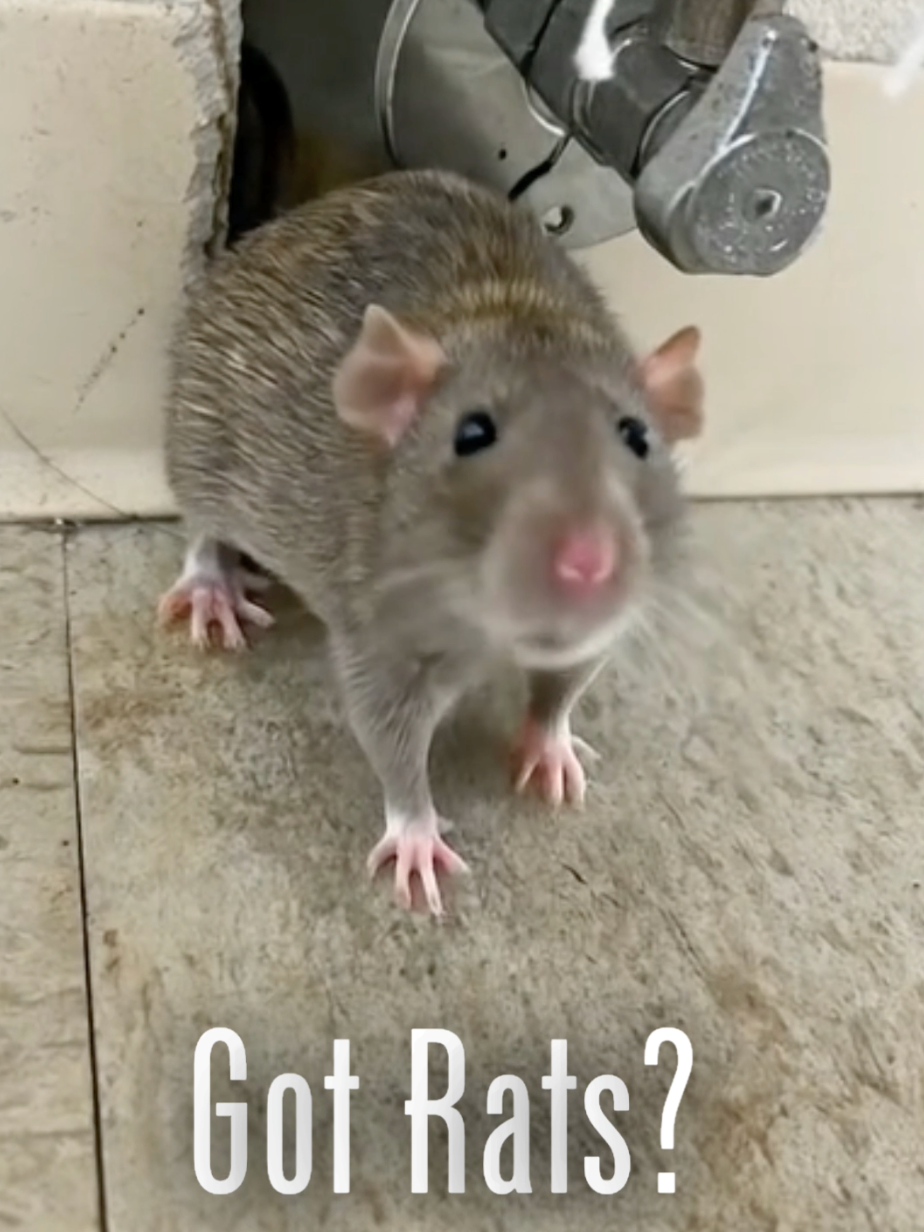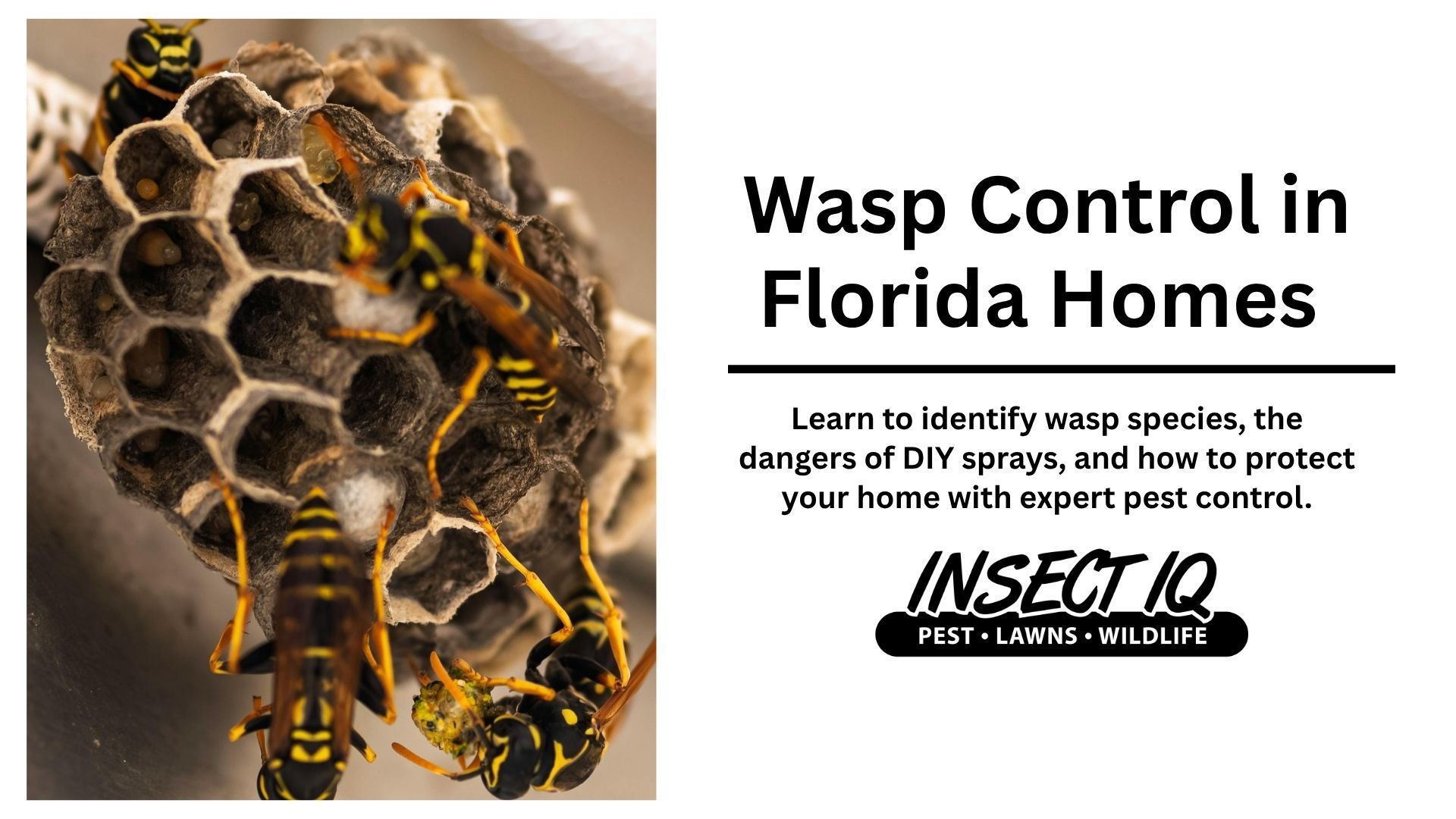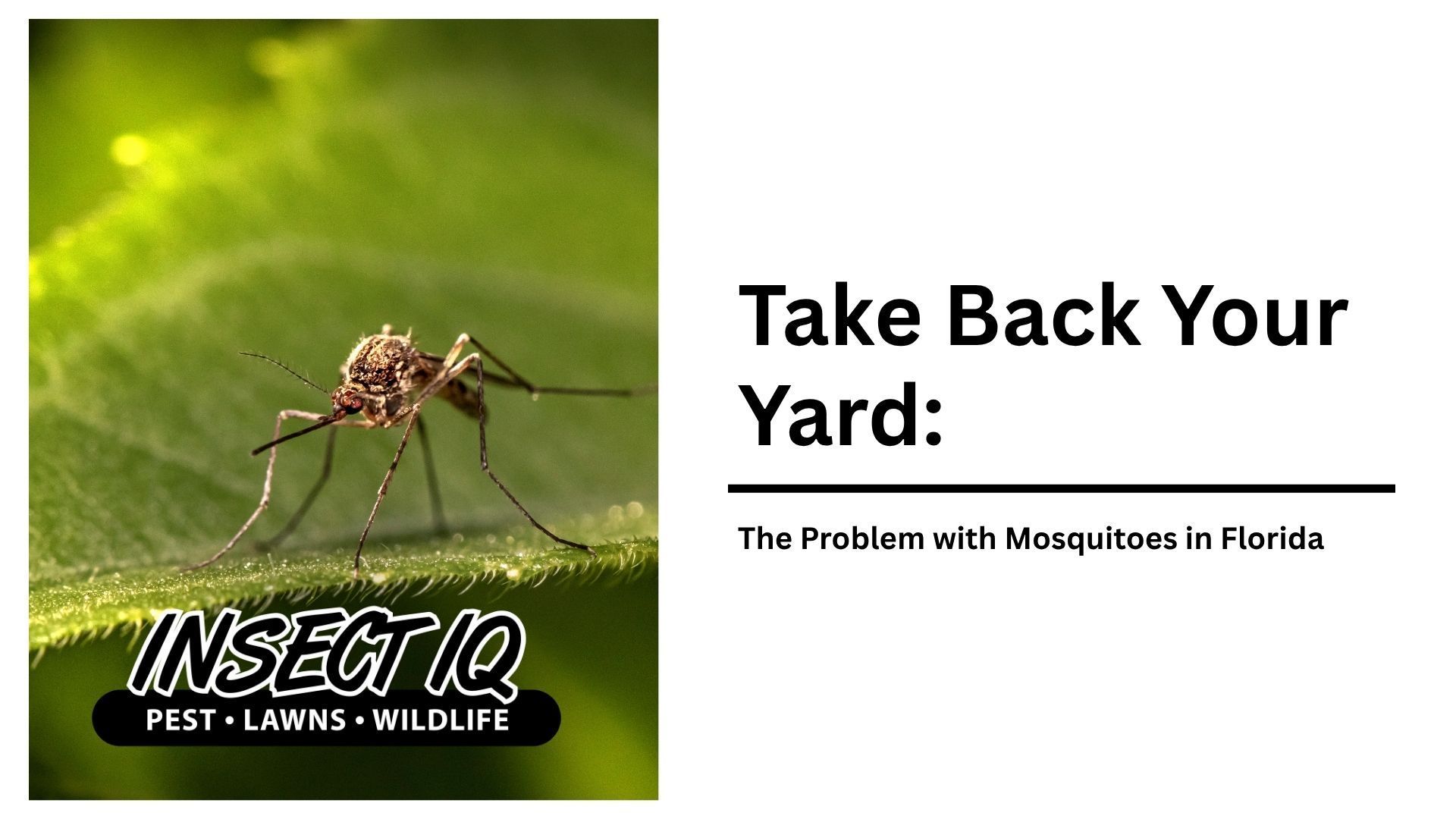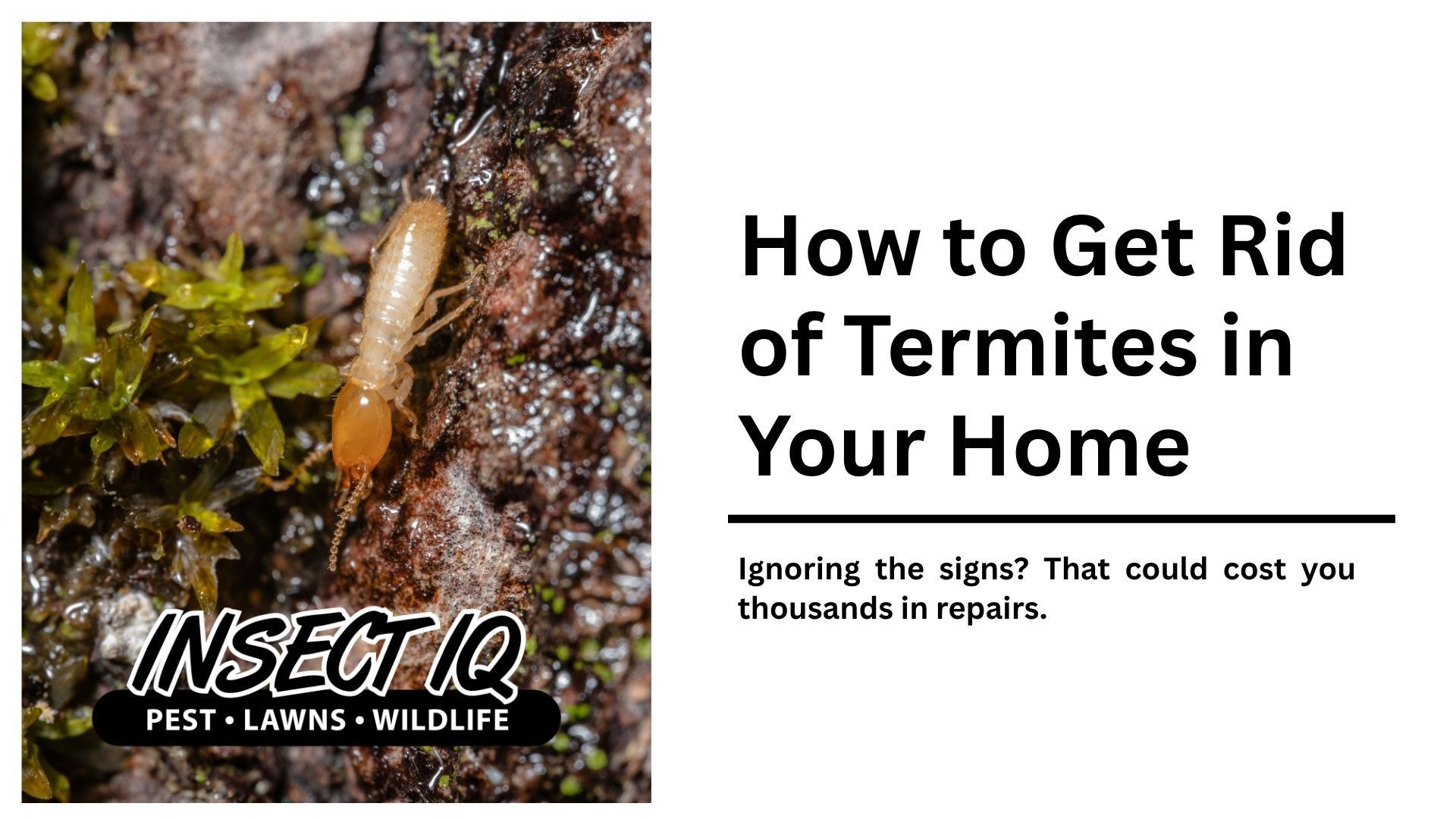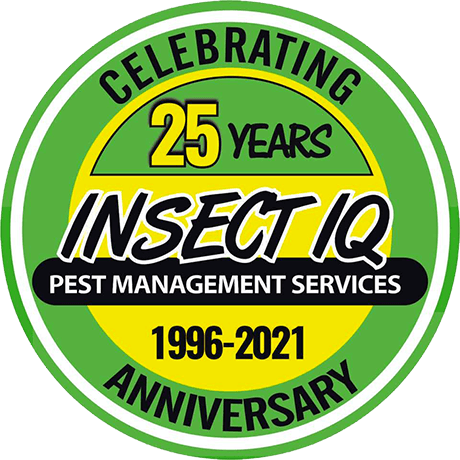It’s a bird – It’s a plane – IT’S A SWARM OF BEES!
It’s spring here in parts of Florida and that means Bee Swarms are increasing in frequency.
We’ve been receiving daily calls about bee swarms that arrive within minutes. Their size is generally large this time of year, though in areas like Daytona, Orlando, Tampa Bay and Sarasota, we see bee swarms year-round. A Bee Swarm is normally just a method of reproduction –at the colony level. The picture attached is a Tampa Bay honeybee swarm. When a bee colony gets too big for its home, about 1/2 the hive will leave, taking the old
queen with them. They will often temporarily land on a tree limb, side of a house or just about any location, while scout bees are looking for the best location to establish the newly formed colony. It’s an amazing sight to see –20,000 or so bees moving to a branch within minutes. I’ve seen the sky darken with so many bees flying. True swarms are usually gentle, as they
have no home or young to defend, but please respect them, as often they start building external nests within the swarm and can become defensive at any time. Call us for swarm removal .
The INSECT IQ / All Florida Bee Removal.com team members are the recognized experts in stinging insect control in Florida. Our team consists of a University of Florida graduate entomologist, state certified pest control operators & registered beekeepers. Did you know that we offer removal services of all stinging insects for the entire state of Florida? Need
service NOW? You can trust the INSECT IQ/ALL Florida Bee removal.com team to give the best service, guaranteed! Call Toll Free 1-855-930-BEES (2337) or feel free to contact us: https://insectiq.com/contact-us/
To better serve you, below are a few questions our bee removal specialist may ask…
1. Where is the colony located? (ground, knothole, garage wall, roof soffit, backyard shed)
2. How high is the colony? (20’ in a tree, 2nd story soffit or on the ground)
3. How long have you noticed the bees? (1 day, 1 week, 6 months+)
4. How many bees do you see flying around the entrance/exit hole? 20, 50, 100, too many to count.
5. How did you hear about us?





